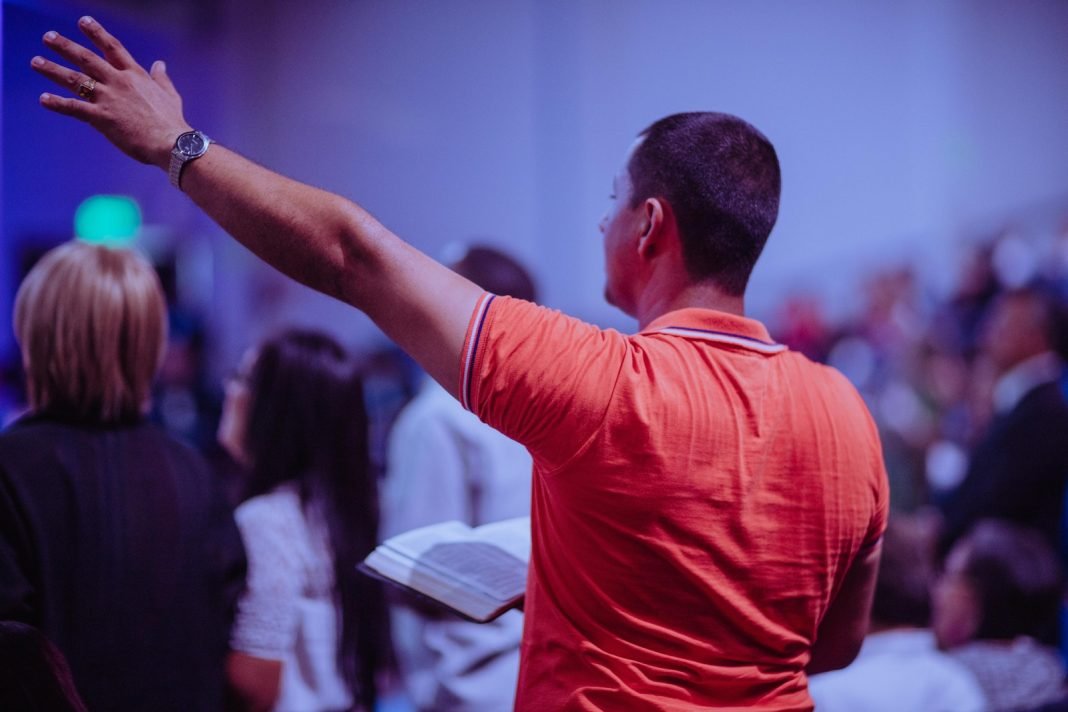In an article, The European Times recently reported that two influential organizations, Religions for Peace and United Religions Initiative (URI) have come together to address religiously motivated violence on a global scale. This collaborative effort not only demonstrates the power of partnerships between different faiths but also emphasizes the urgent need for collective action against violence stemming from religious beliefs.
To commemorate the International Day honoring victims of violence based on religion or beliefs Religions for Peace and United Religions Initiative released a statement expressing unity, strength and an unwavering commitment to combat religiously motivated violence. These organizations share a goal of promoting mutual understanding and harmony among diverse faith communities and have pledged to enhance their collaborative efforts in addressing this critical global challenge.
Building upon their shared vision the journey towards this alliance began in 2021 when Religions, for Peace and United Religions Initiative signed a Memorandum of Understanding. Since then their combined endeavors have taken shape through an initiative that seeks to unite leaders from various religions, faiths and indigenous communities worldwide.
The objective is to strengthen their ability to reduce the spread of violence motivated by religion and promote a lasting culture of peace, justice and healing.
In parts of the world, religious and faith communities continue to face challenges dealing with harassment and persecution from both public and private entities. Recognizing the role played by spiritual and Indigenous leaders in addressing these issues the collaboration between United Religions Initiative and Religions for Peace aims to unite their networks in order to bring attention to this critical matter and effectively address it.
Empowering Leaders for Positive Change
At the core of this partnership is a commitment to empower faith leaders at different levels with evidence-based tools to counter violence. The collaboration focuses on initiatives that aim to bring about transformative change by documenting successful strategies and lessons learned.
Additionally, this partnership emphasizes the importance of media involvement and international advocacy. It asserts that strong media campaigns will complement advocacy efforts directed at governments and international organizations responsible for preventing violence based on religious beliefs. The role of media platforms on a scale in raising awareness about such issues and rallying support should not be underestimated.
Agents of Transformation, Women and Youth
As previously mentioned this alliance places emphasis on harnessing the potential of Women’s Interfaith Networks as well, as Youth Interfaith Networks. These dynamic groups are viewed as catalysts for change of driving collective action and increasing awareness. Their involvement plays a role in advancing the overall objective of reducing religiously motivated violence and fostering better understanding.
Religions for Peace, A Global Coalition of Different Faiths
Religions for Peace is a significant multi-religious coalition that promotes collaborative efforts among faith communities worldwide through Interreligious Councils, Women of Faith and Interfaith Youth Networks. Operating in than 95 countries and 6 regions this organization exemplifies the power of collective engagement in addressing global challenges.
United Religions Initiative (URI), Nurturing Harmony at the Grassroots Level
As mentioned in the report URI serves as evidence of the potential of grassroots interfaith networks. Consisting of over 1,100 community-led organizations called Cooperation Circles across 110 countries this organization is dedicated to promoting peace, justice and healing.
In a world marked by divisions the combined endeavors of Religions for Peace and United Religions Initiative serve as an illustration of shared values bridging gaps and fostering understanding. Through their commitment to combat religiously motivated violence, they provide hope for a future characterized by peaceful coexistence and unity, among diverse faith traditions.


